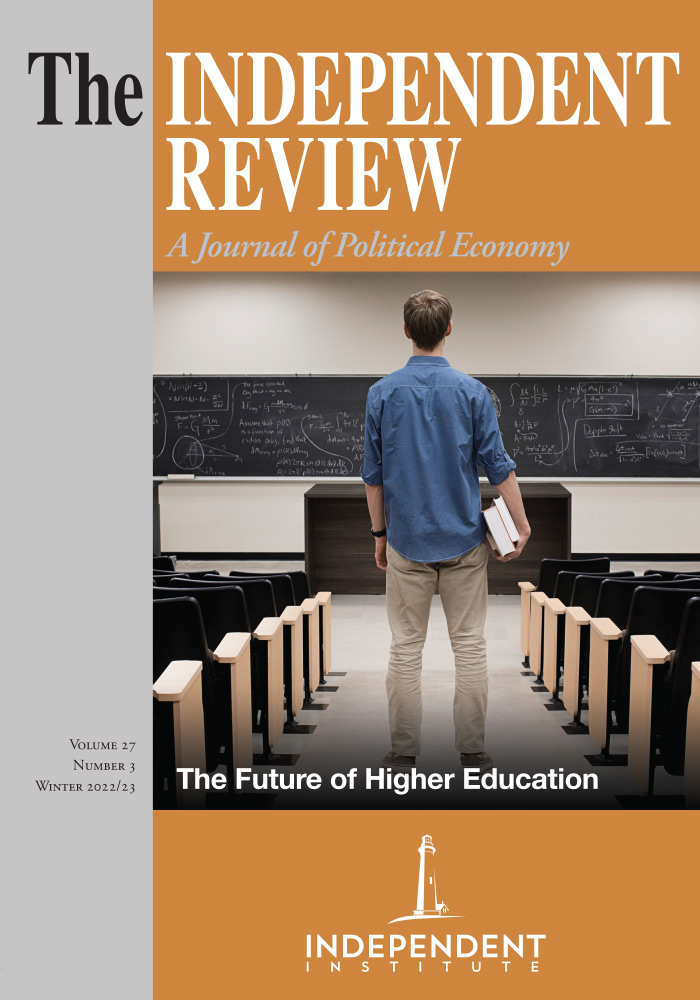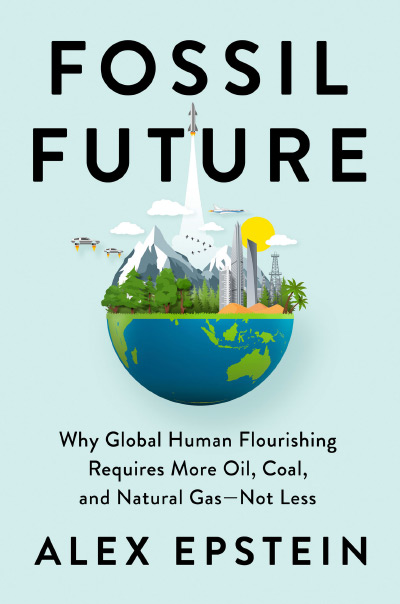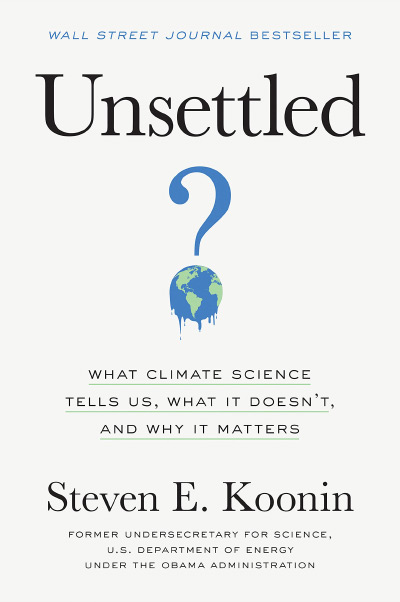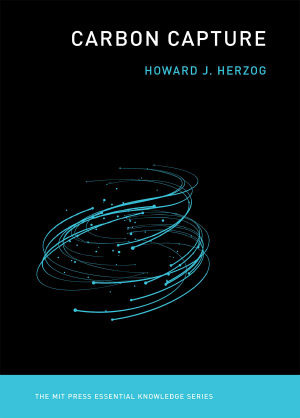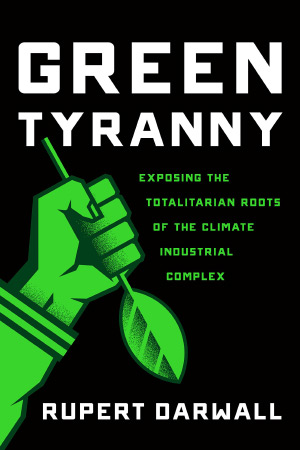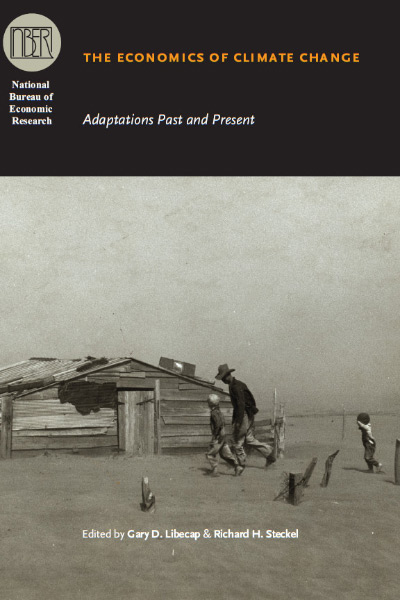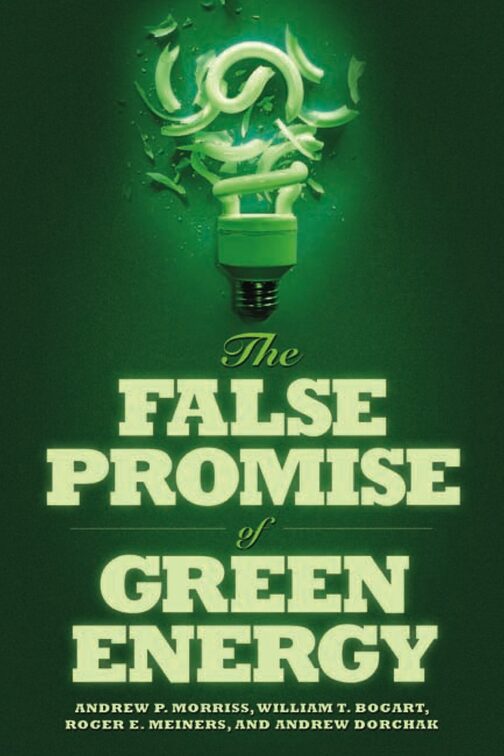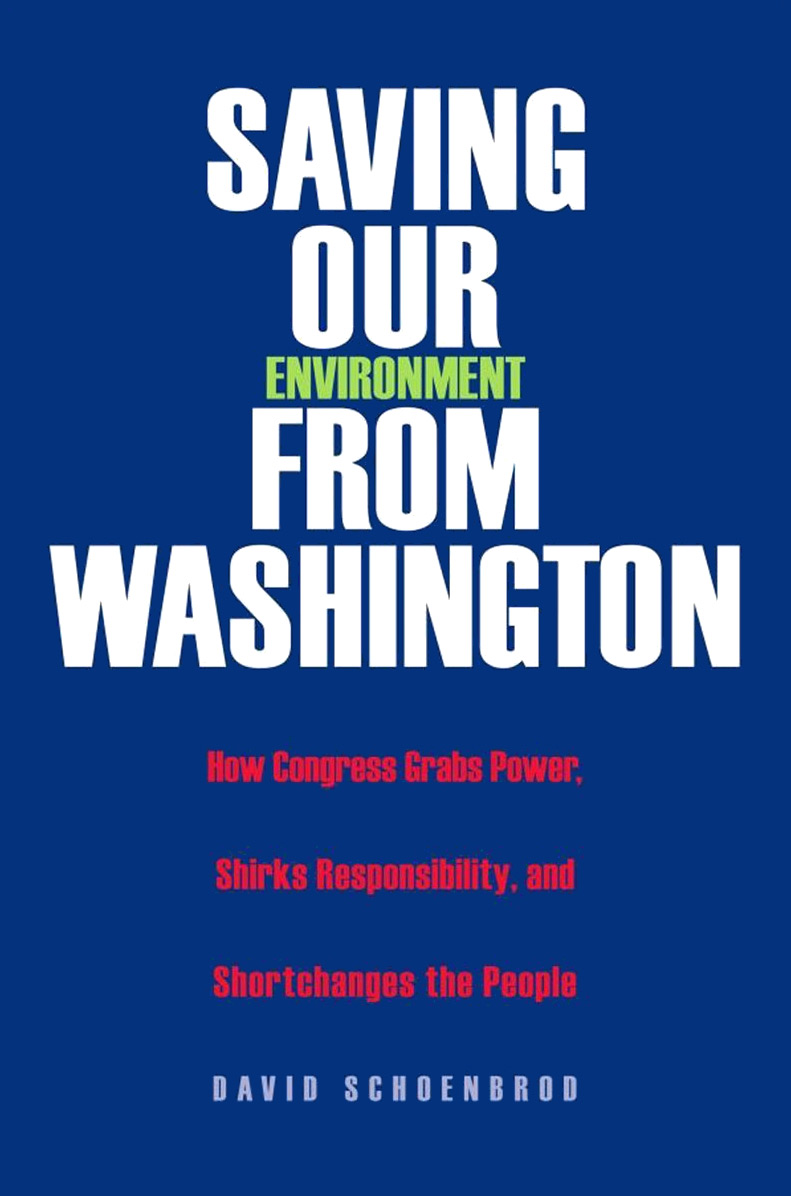A few years ago, one of my students wrote a term paper that, among other things, recommended giving poor people stationary bikes so they could produce their own electricity. This would help fix the problems of climate change, obesity, and poverty in one fell swoop. I pointed the student to a source like Adam Frank’s “Could You Power Your Home with a Bike?,” which aired on NPR’s All Things Considered. Frank does the math and concludes that the answer is “No. Nope. Not even close.” Frank reports that “Pedaling a bike at a reasonable pace generates about 100 watts of power. That’s the same energy-per-time used by a 100-watt lightbulb. So if you pedaled eight hours every day for 30 days (no weekends off), then doing the math, you’d generate 24 kilowatt-hours (kWh) of energy.... That’s only 2.4 percent of the energy your house sucks up each month via the lights, the dishwasher, running the AC and playing video games...” In my state, the average customer pays 12 cents per kilowatt-hour, so all that pedaling produces less than $3 worth of electricity. Sadly, many people of all ages are out of touch with the economics of the energy industry—and the miraculous cost-effectiveness of fossil fuels, which allows the typical American to power all their appliances, lights, and devices for about $5 per day.
If you, like my student, want to save the environment and humanity, Fossil Future is the book for you. If you want to save the environment but don’t care about the human cost, you are the root of the problem, and the reason Alex Epstein wrote this book.
The enemies of oil, coal and natural gas push their case by systematically ignoring the benefits and exaggerating the costs of fossil fuels—while doing the opposite for renewable energy sources. The fact that a well-meaning college student could think human muscle power is a good substitute for fossil fuel-produced electricity indicates that many have been woefully miseducated on these matters. Epstein fills this void by explaining that the energy in oil, coal, and natural gas is highly concentrated and naturally stored. “Just one gallon of raw (‘crude’) oil ... contains about 35,000 Calories of energy—the equivalent of fourteen days of energy for a large human body” (p. 186). He adds that the energy density of oil is about eighteen times higher than the energy density of top-of-the-line batteries, such as the one in the Tesla Model 3. Fossil fuels are also “so naturally abundant that even for scarcer fossil fuels, oil and natural gas, there is still more than ten times as much in the ground as has been used in the entire history of civilization” (p. 199). In addition, generations of innovators have worked to harness fossil fuels, making them more and more cost effective. These factors have created insurmountable advantages for fossil fuels over renewable energy sources, such as solar and wind, which make up only 3% of global energy production. Epstein argues that this cost effectiveness of fossil fuels has been the primary source of modern economic growth, rising standards of living, increased life expectancies, and the overall flourishing of humanity in the past couple centuries. Without fossil fuels, none of these gains would have been achieved. He may be pushing this argument too hard—as the sources of economic growth have been ubiquitous.
Economic historian Robert Fogel famously argued that even if railroads had never been invented, American GDP would have only been a few percentage points smaller in the late 1800s. One wonders what the social savings rate for all fossil fuels would be. It would certainly be far larger than for the railroads because the substitutes for railroads (mainly canals and other water-borne transport) were pretty good, but the favored substitutes for fossil fuels—solar and wind—are vastly inferior to it. (Epstein lauds nuclear power, whose potential has been “suppressed” [p. 234] in the United States and elsewhere. He reminds us that the energy concentration in uranium is more than a million times that of oil and coal.) Epstein tellingly characterizes solar and wind power as “parasites” on reliable energy sources. Adding them to the energy mix tends to drive up the average cost of electricity, and they are unreliable due to their intermittency. “To the extent that a grid is committed to using solar and wind whenever sunlight or wind increases, the grid has to cycle down controllable power plants, and whenever sunlight or wind decreases or disappears, it has to cycle up controllable power plants. Rapidly cycling power plants up and down is an efficiency killer, just as stop-and-go traffic kills your car’s fuel efficiency. The infrastructure duplication costs and fuel-inefficiency costs caused by solar and wind’s reliance on controllable energy sources is the dominant reason why the more solar and wind you use, the higher your costs are” (p. 216). Solar and wind power can only become game changers if we could store enormous amounts of electricity cheaply. But currently, the cost of such a system would exceed a quarter of global GDP.
Epstein argues that if they were honest, proponents of zero carbon emissions would say: “The government’s subsidizing and mandating of solar and wind has caused massive destruction around the world. Solar and wind, while sometimes good for remote locations that need very little electricity, have been a disaster when applied to the massive and dynamic electricity needs of the empowered world. Adding wasteful, unreliable solar and wind infrastructure to the grid has increased costs and decreased reliability ... But I have shocking evidence that there are some unimaginable breakthroughs that will cause this destructive energy parasite to become a superior substitute. I know you have no reason to believe this, but here’s the evidence” (p. 218, emphasis in the original). Unfortunately, there is no credible evidence that these unimaginable breakthroughs are about to occur.
Wait a minute! Everything I have mentioned so far ignores the external costs of fossil fuels. Aren’t these external costs—especially from carbon dioxide in the atmosphere—reason enough to switch away to renewables? Epstein acknowledges external costs from fossil fuel usage, but he argues that they are fairly low and are actually dwarfed by their marginal external benefits including the carbon fertilization effect. The world’s climate is inherently dangerous to humans, but while fossil fuels have caused some climate change it has allowed us to achieve what Epstein calls “climate mastery,” which is “the ability of human beings, empowered by machine labor, to neutralize climate dangers (such as neutralizing storms by building sturdy buildings and powering storm warning systems) and/or enhance climate benefits (such as capturing ample rainfall in a reservoir for future use)” (p. 254). And Epstein demonstrates this climate mastery very ably with statistics on the massive drop in deaths from dangerous temperatures, drought, wildfires, storms, and the like—explaining that climate-related disaster deaths have fallen 98 percent over the past century.
Opponents of fossil fuels seem to desire a world in which humans don’t impact the environment. Epstein unmasks this as an “anti-human” moral goal: “Human beings survive and flourish by impacting nature. To live at anywhere near our current level, we need to massively transform—impact—nature” (p. 80). “The Earth is not a naturally nurturing ‘delicate balance’ but rather a naturally dynamic, deficient, and dangerous place that we must massively impact if we are to survive and flourish.... That’s why the historical life expectancy was under thirty” (p. 92).
Some large petroleum companies, including Shell and BP, have promised to become carbon neutral by 2050. Is it a coincidence that their share prices have been among the worst performing among major oil companies in recent years? Their goal and the goal of economy-wide carbon neutrality isn’t a reasonable goal. It is absurd. It is economic suicide. It is shameful. BP and Shell should be saying that fossil fuels are far better than the alternatives. Instead, they’re saying that they want to stop selling us a Mercedes because a Yugo is so much better. Carbon neutrality is actually carbon neutering, as it will sterilize the economy and modern life. As Epstein starkly puts it, “net-zero policy, if actually implemented, would certainly be the most significant act of mass murder since the killing of one hundred million people by communist regimes in the twentieth century—and it would likely be far greater” (p. xi).
Epstein closes by asking his readers to go on the offensive, by explaining to others (especially their students) how “fundamentally” today’s “opportunity-filled” world “depends on humanity’s fossil-fueled productivity ability” (p. 160). He urges that we need to argue for more fossil fuel use, not less. He urges you to avoid saying, “I agree with your goal of a carbon-free energy supply, but ...” Instead, explain—as gently but firmly as possible—that the idea simply won’t work by backing up your case with numbers like those found in Fossil Future. Ironically, Epstein ultimately embraces solar energy—the energy that was emitted by the sun millions of years ago and is now embedded in fossil fuels.
| Other Independent Review articles by Robert M. Whaples | ||
| Summer 2024 | The Journey of Humanity: The Origins of Wealth and Inequality | |
| Summer 2024 | Of Boys and Men: Why the Modern Male Is Struggling, Why It Matters, and What to Do About It | |
| Summer 2024 | These United States: Our Nation’s Geography, History and People | |
| [View All (96)] | ||

